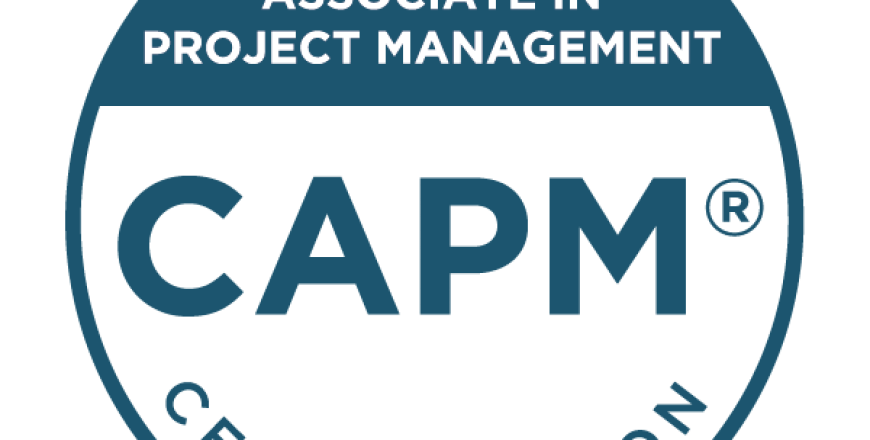The purpose of this program is to prepare students interested in project management or who are currently project team members to take the Certified Associate in Project Management CAPM® (Project Management Professional) certification examination.
The emphasis is on explaining the PMI® (Project Management Institute) best practices for project management across the continuum from predictive through adaptive life cycles as proposed in the 6th edition PMBOK® (Project Management Body of Knowledge).
The course provides the student with the information required to understand the concepts that will need to be applied in an analytical manner to answer examination situational questions. It is expected that the student will review these lessons and use practice questions and flashcards to finish preparation for the examination.
Learning objectives – Understanding prerequisites for applying to take the
exam and the application process
Learning objectives – Understanding how the exam is structured, as well as tips and tricks for exam preparation and post exam continuing education requirements to maintain the certification are also reviewed.
Learning objectives – Understanding of how the PMBOK is structured, general project management concepts, project management roles and responsibilities, and leadership skills required to be a successful project manager.
Learning objectives – Understanding the Project Integration Management processes, and their associated Inputs, Tools and Techniques, and Outputs, as well as key concepts, trends and emerging practices, and tailoring considerations in project integration management.
Learning objectives – Understanding the Project Scope Management rocesses, and their associated Inputs, Tools and Techniques, and Outputs, as well as key concepts, trends and emerging practices, and tailoring considerations in project scope management.
Learning objectives – Understanding the Project Cost Management processes, and their associated Inputs, Tools and Techniques, and Outputs, as well as key concepts, trends and emerging practices, and tailoring considerations in project cost management.
Learning objectives – Understanding the Project Quality Management processes, and their associated Inputs, Tools and Techniques, and Outputs, as well as key concepts, trends and emerging practices, and tailoring considerations in project quality management.
Learning objectives – Understanding the Project Resource Management processes, and their associated Inputs, Tools and Techniques, and Outputs, as well as key concepts, trends and emerging practices, and tailoring considerations in project resource management.
Learning objectives – Understanding the Project Communications Management processes, and their associated Inputs, Tools and Techniques, and Outputs, as well as key concepts, trends and emerging practices, and tailoring considerations in project communications
management.
Learning objectives – Understanding the Project Risk Management processes, and their associated Inputs, Tools and Techniques, and Outputs, as well as key concepts, trends and emerging practices, and tailoring considerations in project risk management.
Learning objectives – Understanding the Project Procurement Management processes, and their associated Inputs, Tools and Techniques, and Outputs, as well as key concepts, trends and emerging practices, and tailoring considerations in project procurement management.
Learning objectives – Understanding the Project Stakeholder Management processes, and their associated Inputs, Tools and Techniques, and Outputs, as well as key concepts, trends and emerging practices, and tailoring considerations in project stakeholder management.
